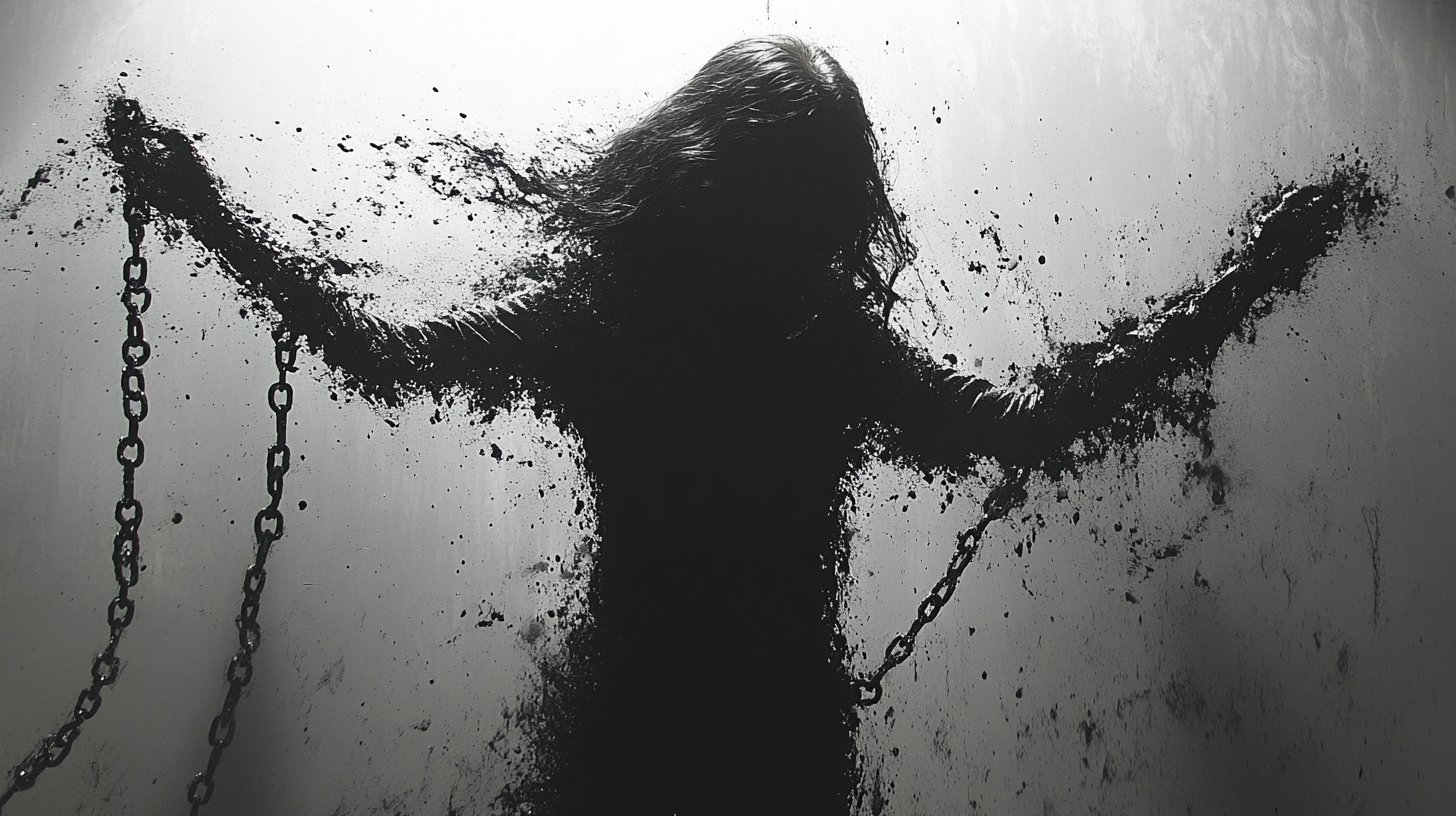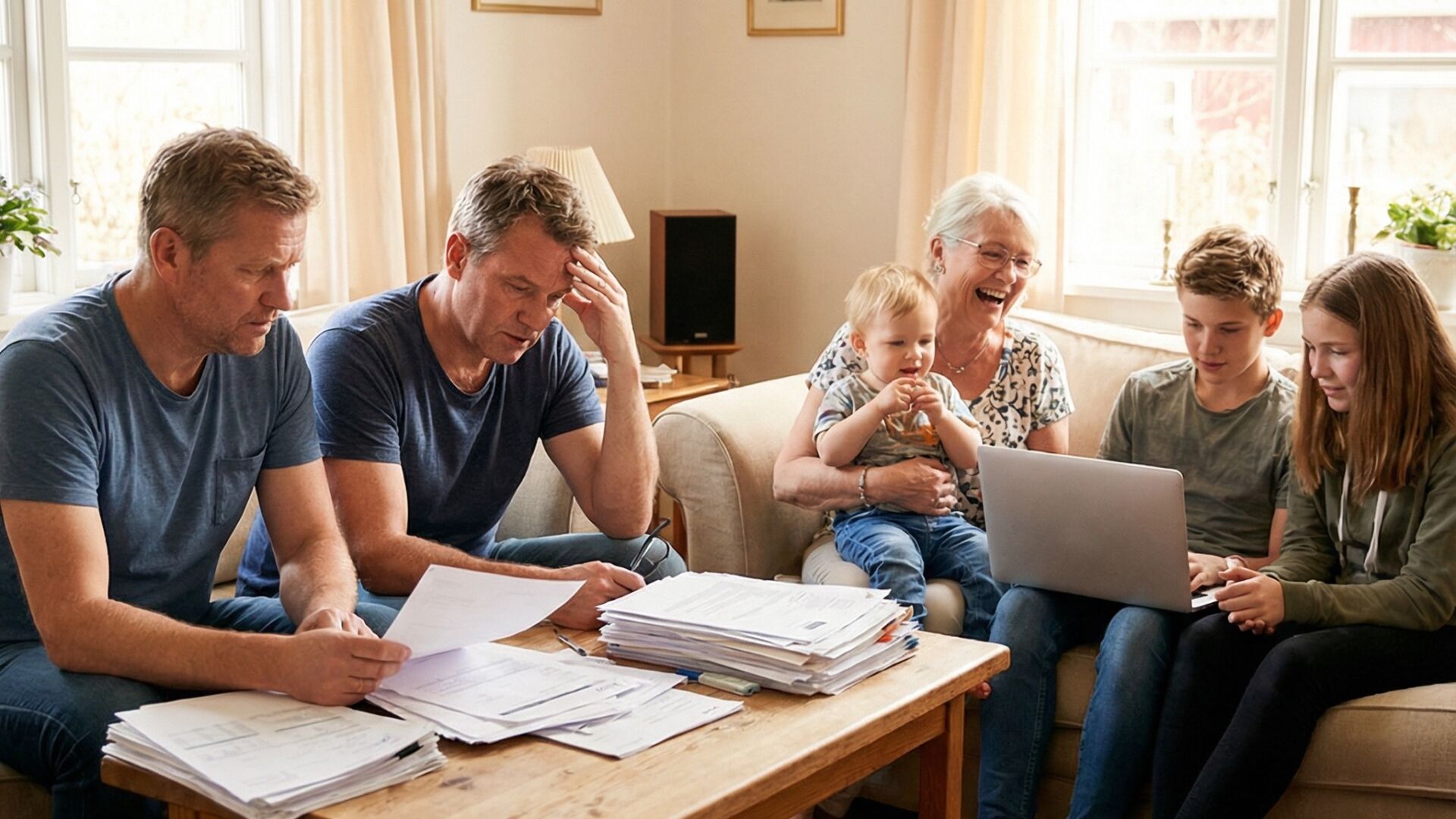Recognize the symptoms of relationship PTSD

Relationships are beautiful, yet sometimes they leave deep wounds. If you feel that you are not fully healed from past relationships, it may indicate relationship PTSD. These emotional scars affect not only your quality of life but also your (love) life. In this article, we will show you nine signs that indicate you suffer from relationship PTSD.
The past can loom like a shadow over our present relationships. Many people often do not realize how much old injuries can influence their behavior in new partnerships. It is important to recognize that not every relationship must reproduce past trauma. But what are the signs of relationship PTSD? Let's dive deeper.
Sign 1: Excessive jealousy
A common symptom of relationship PTSD is excessive jealousy. If you constantly fear that your partner will cheat on you or leave you, it may stem from a deep-seated injury. Perhaps you had a relationship in the past where infidelity was a significant issue, and this experience now shapes your trust in your current partner. It becomes difficult to enjoy the beautiful moments as your thoughts repeatedly drift back to the past. It is important to find ways to trust your partner and work on your jealousy.

Sign 2: Difficulty with emotional intimacy
Another sign of relationship PTSD is the fear of emotional intimacy. You may feel uncomfortable when your partner shares their deepest feelings or when you reciprocate their feelings. This defensive stance can lead you to build emotional walls in relationships, making it harder to connect with each other. Here, it is crucial to work gently and with support on these fears. Learning effective communication can help you become more intimate and gradually dismantle the emotional walls.

Sign 3: Overreactions to small conflicts
Do you feel that you overreact to small conflicts? Perhaps a minor disagreement quickly escalates into a major argument, and you wonder why you are reacting so emotionally. Often, this stems from a fear of being hurt again, based on past experiences. The connection between present and past experiences can be very strong, and it is important to recognize these backgrounds. Here, having deep conversations with friends or a therapist can be extremely helpful in understanding your emotions.

There are many more signs of relationship PTSD, and every individual feeling counts. It is important to work on your emotional health to heal old wounds and approach new relationships in a healthy, positive way.
Finding support is a significantly important step in this process. Whether through support groups, therapy, or conversations with friends – you do not have to go through this alone. Find what works best for you to promote the healing process.
It is also valuable to have patience with yourself. Healing emotional scars takes time, and every step in that direction counts. Show yourself compassion when you experience setbacks, and acknowledge your progress, no matter how small it may seem.
In relationships, it is important to see vulnerability as strength. Share your fears and experiences with a partner you trust, and create space for mutual understanding. It is the first step to breaking old patterns and finding peace in your emotional life.
Relationships can be challenging, and everyone will carry their own wounds. Relationship PTSD is a real issue, and it is essential to take it seriously and actively work on your own healing. You have the power to break old patterns and create new, healthy relationships. Allow yourself to heal and enjoy your life to the fullest.


